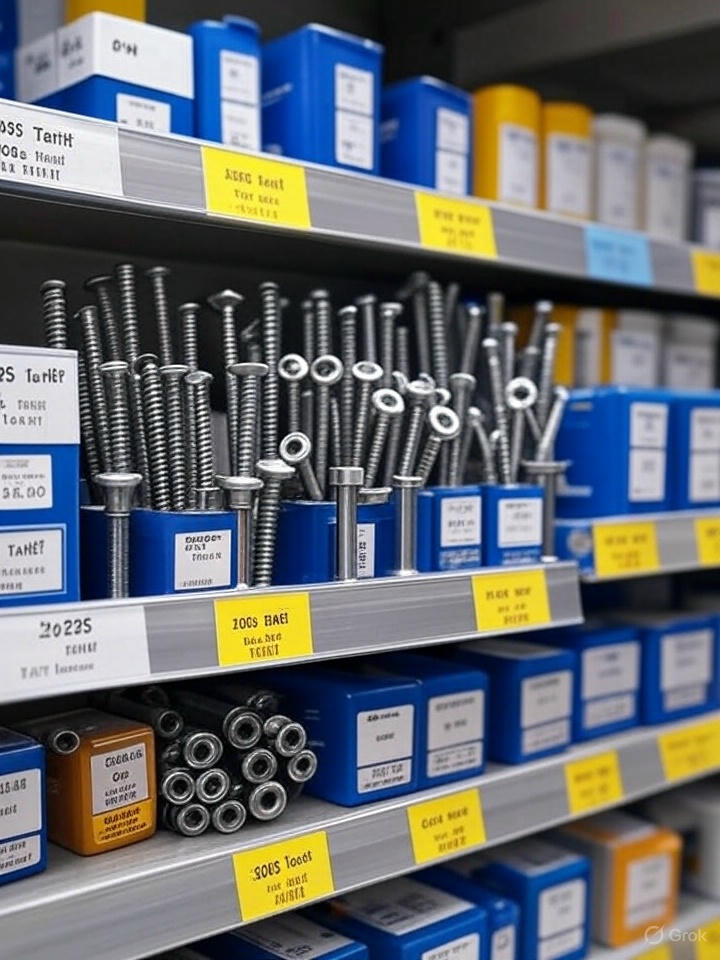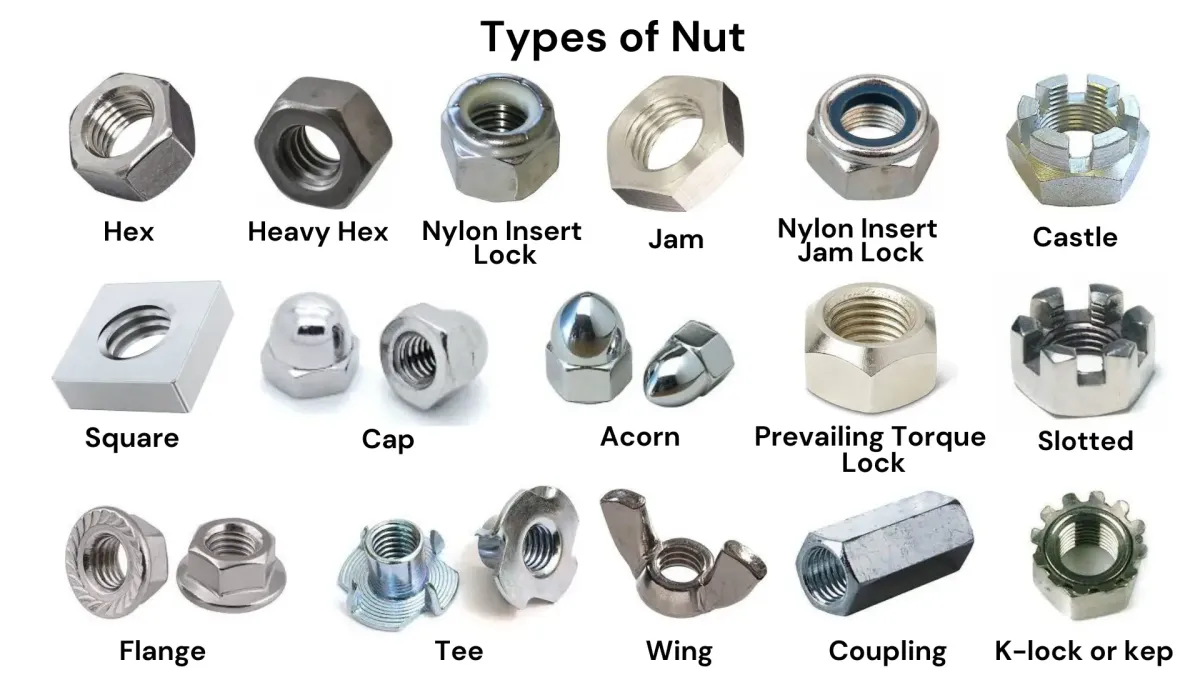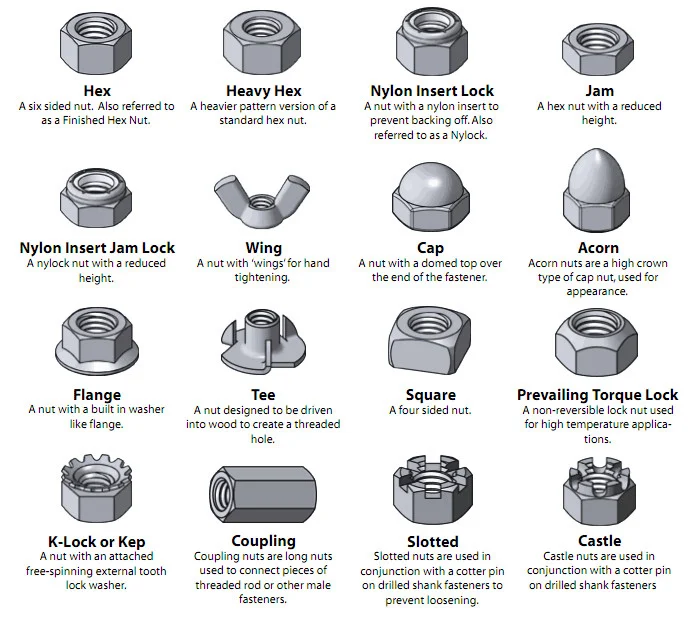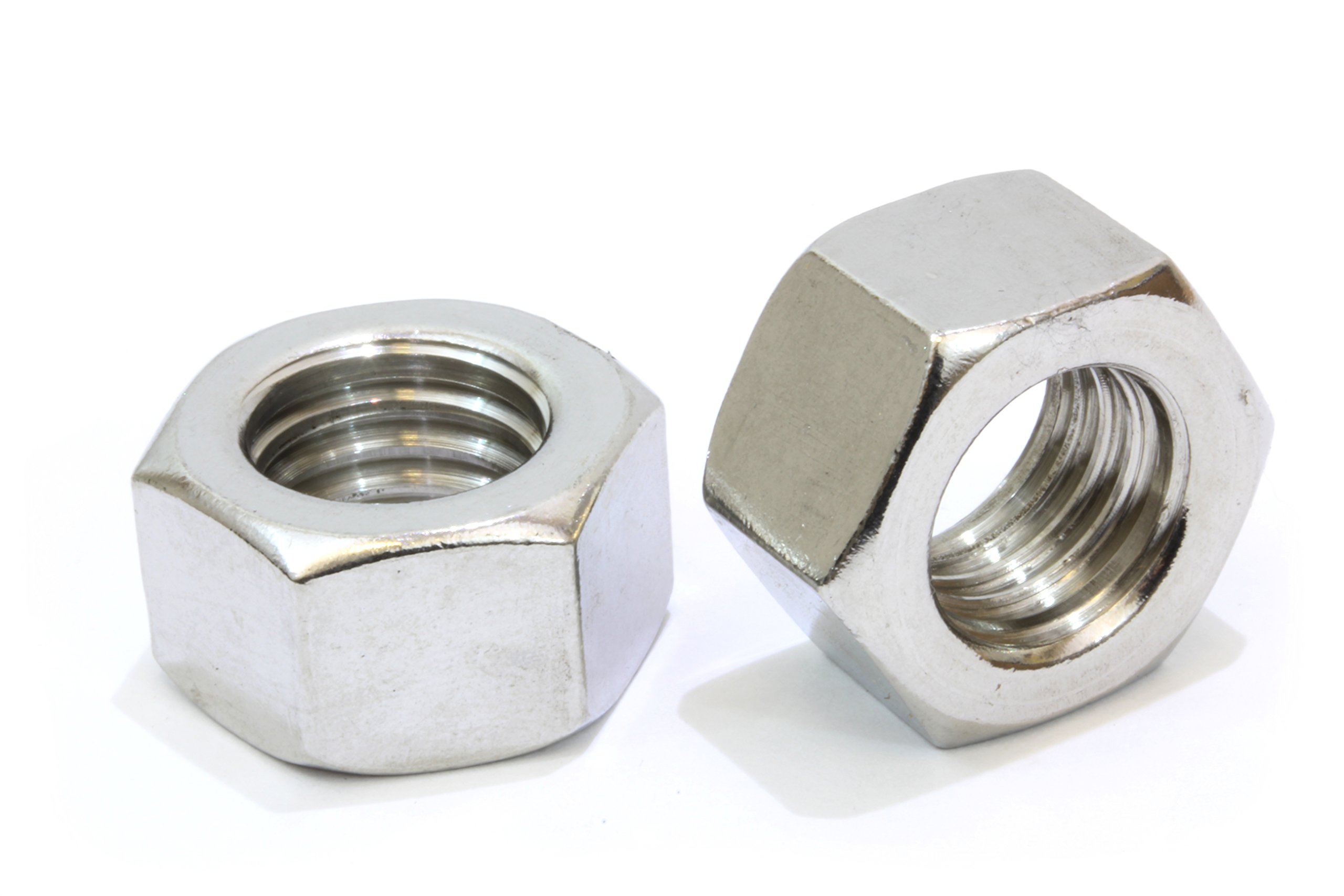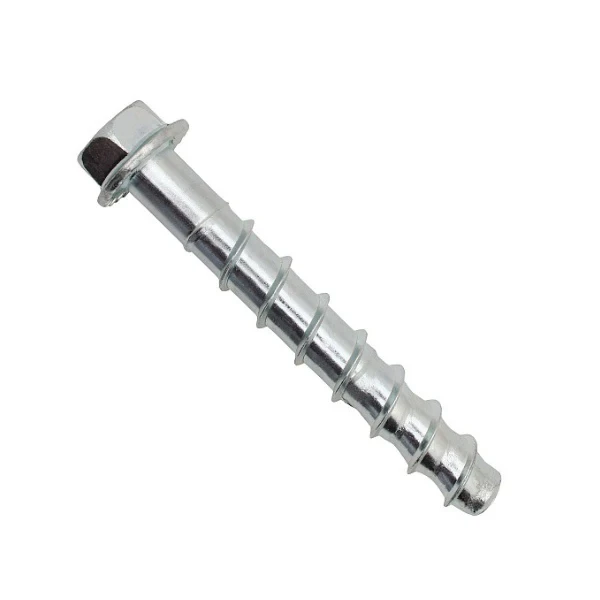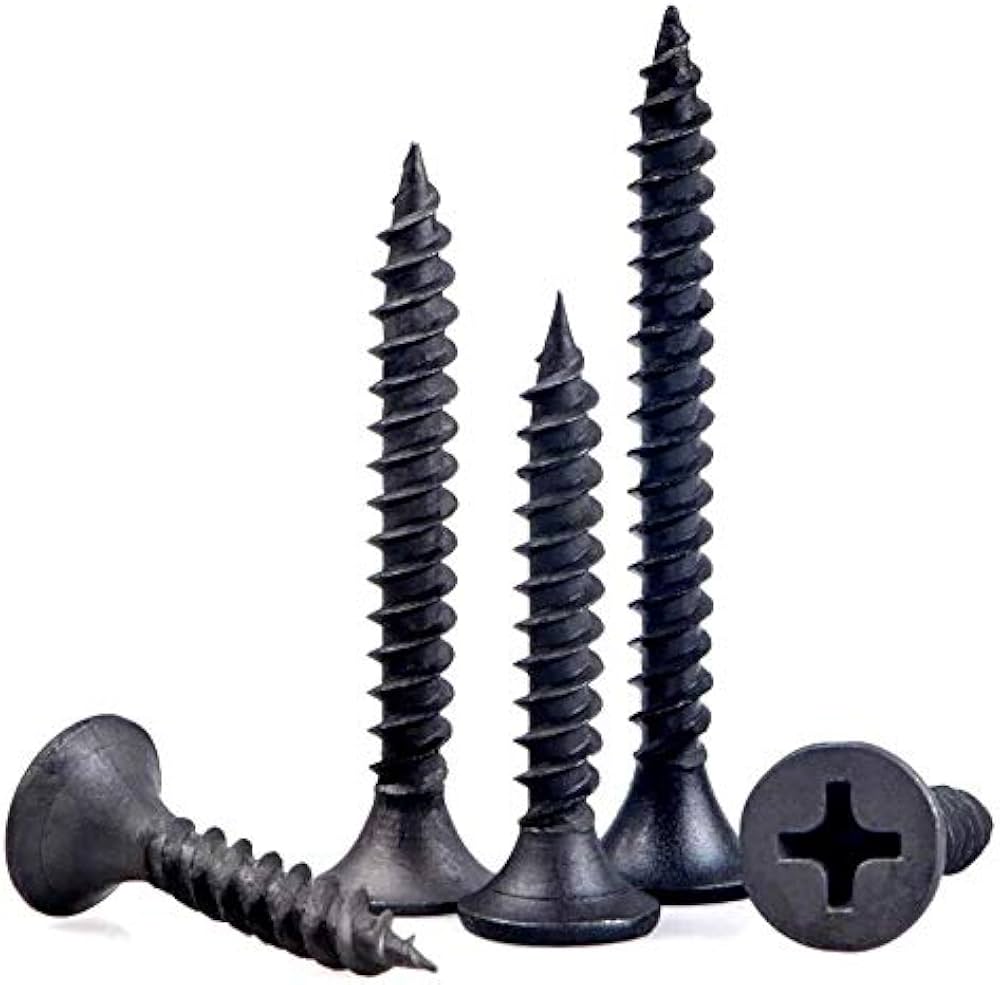Understanding the Problem: Secure Fasteners for Concrete Surfaces
Concrete surfaces, whether in construction or DIY projects, often require durable and reliable fastening systems. Attempting to anchor a piece of equipment, shelving, or structural component without the proper hardware can result in instability, safety hazards, or even structural damage. This is why the use of a concrete screw is essential for securely fastening objects to concrete and other masonry materials.
The Challenge of Ordinary Fasteners
Many people attempt to use generic screws or nails for securing heavy-duty installations to concrete, only to encounter numerous challenges. Ordinary fasteners often fail to penetrate the dense surface of concrete adequately due to its hard, unforgiving structure. What's more, they tend to loosen over time, leading to less secure installations and compromised structural integrity. Achieving firm anchoring without cracking the concrete or damaging the hardware is a common problem faced by DIY enthusiasts and professional contractors alike.
The Solution: Why Concrete Screws Stand Out
Concrete screws are specifically designed to address these challenges. Made from hardened materials such as steel and often coated to resist corrosion, these screws feature threads that are adapted to grip tightly into concrete and masonry surfaces. They offer reliable and long-lasting support, enabling secure anchoring even in challenging construction environments.
Concrete screws eliminate the need for additional plugs or anchors, as their threads effectively bind into the concrete itself. Moreover, their ease of installation makes them a preferred choice for both professionals and amateurs. By simply drilling a pilot hole into the concrete and securing the screw, you can achieve a sturdy attachment without additional tools or materials.
Applications and Benefits of Concrete Screws
One of the standout benefits of concrete screws is their versatility in applications. They are used for securing items such as brackets, handrails, heavy-duty shelving, or framing components. Their strength and reliability allow them to handle substantial weight requirements, making them ideal for heavy-duty construction and industrial applications.
Additionally, concrete screws prevent cracking or weakening of the concrete during installation, ensuring both the integrity of the surface and the stability of the fastening. With rust-resistant coatings often applied to these screws, they become ideal for outdoor use where weathering can be a concern.
Conclusion: Choosing the Right Fastener
If you're looking for stability, reliability, and durability for your concrete fastening needs, concrete screws are the ultimate solution. They combine ease of use with exceptional performance, solving the common problems encountered when working with dense concrete surfaces. Whether you’re embarking on a home improvement project or tackling a large-scale construction challenge, opting for concrete screws ensures you’ll get the job done properly and securely.


